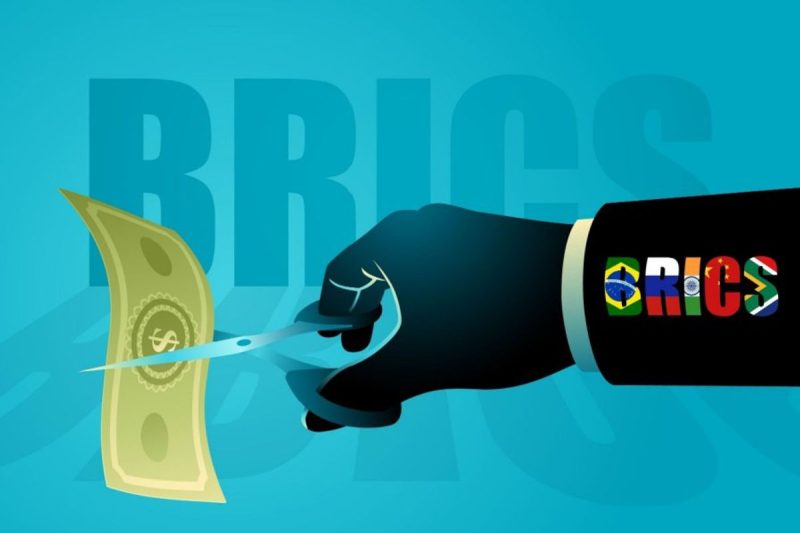The idea of creating a new global currency – backed by the BRICS nations – presents a fascinating stream of thought. The idea has its roots in the wider concept of de-dollarization, which looks at decreasing the power of the US dollar in global markets and in geopolitical concerns. In this article, we will look at the BRICS currency, and its potential impacts on the US dollar – and the global financial system.
Firstly, what is the BRICS currency? BRICS is an acronym which stands for Brazil, Russia, India, China, and South Africa. These five nations form the grouping of countries that are predominantly emerging economies and now form a large part of the greater global financial market. The idea of creating a common currency for these nations is an intriguing one as it could effectively unite the emerging markets and allow for greater economic integration between each nation which could, in turn, unlock additional potential for the BRICS bloc.
In terms of the US dollar, the effect of a special BRICS currency could be both positive and negative. In the negative sense, a new BRICS currency could shift the balance of global economic power away from the US and towards the emerging markets. It could also potentially create a new ‘safe haven’ currency, in which investors and central banks could flock to in the face of a crashing US dollar.
On the other hand, the BRICS currency may also have a positive effect on the US dollar. In particular, increased economic ties and a unified economic bloc between the BRICS nations could lead to a stabilization of the US dollar compared to other emerging markets. Furthermore, such collaborations between the BRICS nations could lead to further technological advancements in the region, which could have positive knock-on effects for the US economy in terms of increased exports.
Overall, the potential impacts of a new BRICS currency promising and should not be taken lightly. It has the potential to usher in a new era of economic stability and integration – with the US playing a part in that. The idea can be certainly be naysayed due to the complications of creating and maintaining a unified currency, but the potential equity it could bring to the developing world cannot be understated.
